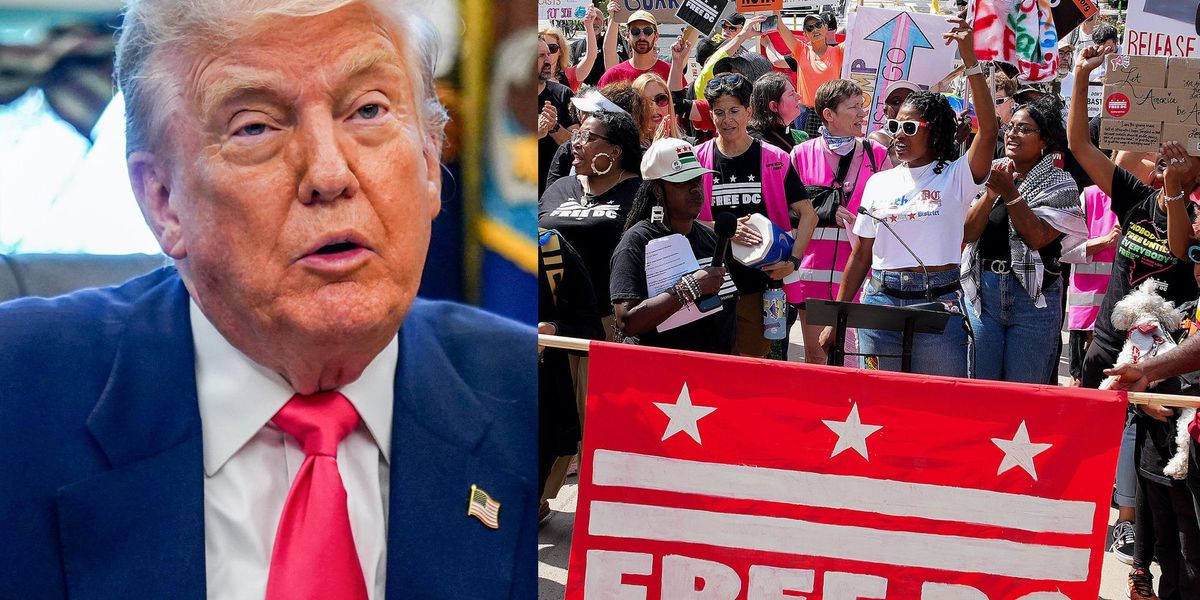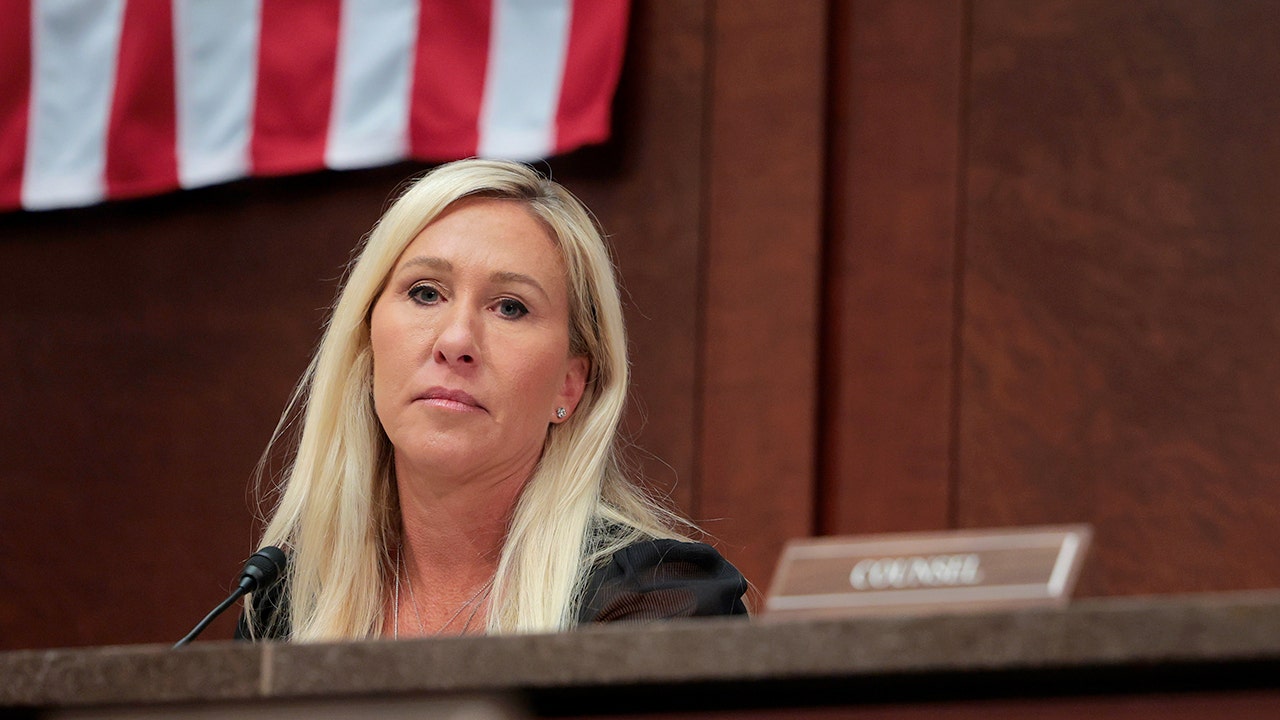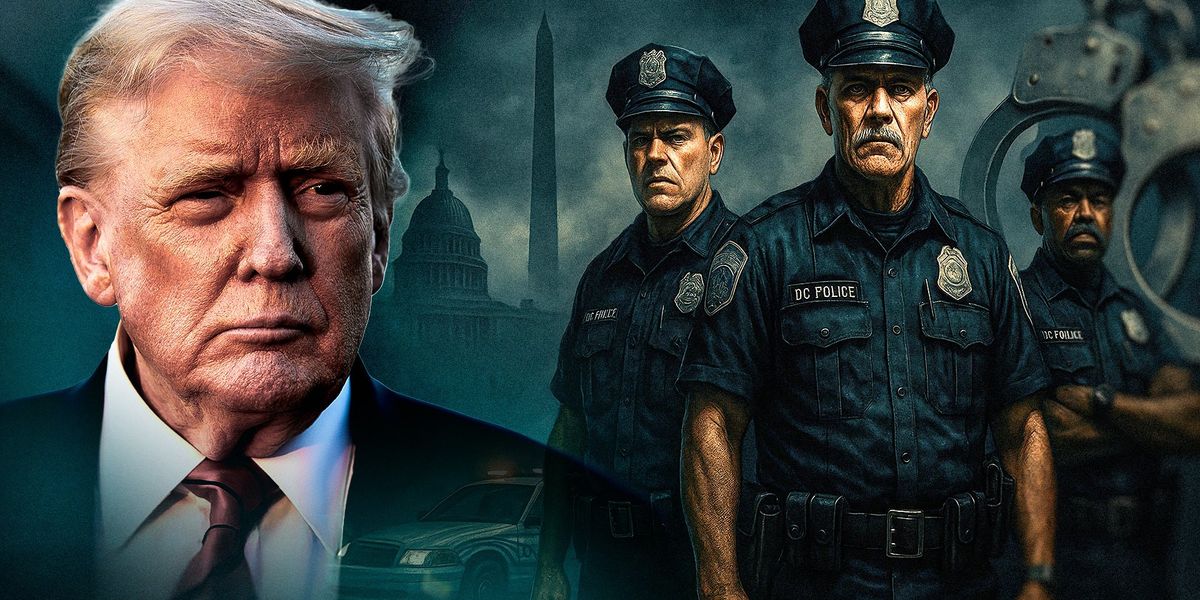Since at least the 1960s, North American adults have steadily become more childlike. What we call adolescence used to end at around age 17 or 18, but now we grant the right to be childish and irresponsible up until at least age 30.
And with the recent Canadian elections keeping woke crybaby Justin Trudeau’s Liberal Party in power, the full emotional immaturity of older adults was on display this week.
In fancy psychological terms, this kind of blame-shifting is called having an ‘external locus of control.’
More on this below. First, we have to go back in time and set the stage.
Cursed children
It started in the late 1990s, when a children’s fantasy book series took the world by storm; the inevitable blockbuster movie franchise soon followed. In a somewhat surprising twist, fans were as eager to follow Harry Potter’s adventures on paper as in the multiplex. With each new installment, breathless news reports showed mothers and children lined up around the block to get into bookstores on publication day.
Adults were delighted to see kids this interested in reading. J.K. Rowling had cast a spell on a generation already succumbing to the lure of constant screen time — even a decade before the smartphone.
But as in many a fairy tale, the spell came with a catch. The kids who were enraptured by Rowling’s saga of child wizards and witches stayed enraptured. Instead of graduating to more sophisticated reading, they chose to remain perpetual Hogwarts students. A 10 year-old immersed in a magical fantasy world is charming; by age 30, the magic starts looking like a curse.
Gryffindor vs. Hufflepuff
The most prevalent example was the tendency of fully grown adults to identify themselves by their Hogwarts “house.” For those who may have forgotten their Harry Potter lore, upon matriculation, each Hogwarts student would consult a magical “sorting hat,” which would assign them to a “house” or dormitory — Gryffindor, Hufflepuff, Ravenclaw, or Slytherin — based on their characteristics and abilities.
From about 2010, I started noticing 25-year-olds putting “House Gryffindor” on their social media profiles. At red lights, I’d see a car ahead of me plastered with stickers identifying their Harry Potter “house.”
The “grown-ups” were hauling themselves off to Harry Potter theme parks, throwing Harry Potter-themed house parties, and fighting with each other in cesspits like Tumblr over whose magic was better.
Don’t be ‘mean’
The slide from adulthood into adult infantilization in America has been slow enough that many older people either didn’t notice it or thought it was just a passing trend. As a young adult at the time, I found it baffling and embarrassing.
I was very much in the minority. Whenever I’d remark on how new and strange it was to see 30-year-olds publicly proclaiming loyalty to a movie series for 10-year-olds, other alleged grown-ups would tell me I was either being “mean” or “spoiling their fun.”
When I pointed out that these retorts also sounded like something a 10-year-old would say, you can imagine the response. I was half expecting to be called a booger-head by people old enough to have their own children.
Arrested development
Arrested emotional development is a serious, society-wide problem in America and across most of the industrialized West. In the 90s and early 2000s, we started to notice that young adults were living at home with their parents much longer, were failing to get driver’s licenses and full-time jobs, and spent a lot of time following hobbies and pursuits they developed before puberty.
And despite the insistence that the only reason for this was that it was “too hard” in “this economy” to expect an 18-year-old to go out and get an apartment, that wasn’t true. The helicopter parenting of the 90s, with its insane fixation on safetyism — this is when it became “too dangerous” for kids to walk to school — handicapped the Millennial generation and stunted their maturation.
What we might call “extended adolescence” has moved up in age brackets. Even adults of 50, 60, or 70 years today carry themselves more like what we expected from teenagers sassing back to Daddy-O in the 1950s. And the Canadian elections brought it to the fore.
Maple leaf rag
Back in January, it seemed that Canadians had finally had enough of Justin Trudeau and the Liberal Party’s policies: the unchecked immigration, the forced vaccinations, the jailing and “debanking” of the Freedom Convoy protesters, the lies about nonexistent “mass child graves” at schools for Indian kids.
Trudeau’s popularity had tanked so much that he resigned. The people wanted change, but Trudeau’s replacement, Mark Carney, offered little to differentiate himself from his predecessor. Pierre Poilievre’s Conservative Party was expected to win by its highest margin in years.
That didn’t happen. Apparently Canadians were content with business as usual. Why did they throw away this chance to right the sinking ship?
Blame Trump
Trump, of course. At least, that’s the reason countless adults on social media and in the news have given for the Canadian election results.
You see, Canadians voted as they did because the American president “made” them too fearful to do anything else. He said mean things. He “scared” the Canadians. His jokes about annexing Canada and making it the 51st U.S. state, you see, were “threats.” People were “terrified” of the mean orange man, and if it hadn’t been for his “bullying,” then Canadians would have been able to put a new party in power.
Consider this chart, posted on X by Jack Posobiec. The survey found that, for Canadian voters 60 and older, “dealing with Trump” was their number one election priority.
That’s remarkable. “Dealing with” the president of another country was more important to this set than the fact that their country has turned into a Communist hellhole.
The bogeyman did it
Here are some typical “thoughts” from Canadian voters and American onlookers taken from threads on X.
“Trump cost conservatives this election.”
“TBH, I dont blame them, when the world’s leading superpower who sits on your border implies he’s going to take over your country, yeah well it might affect people’s decisions.”
“[Trump’s] interference with the Canadian elections was one of the most counterproductive acts I have ever seen a politician do.”
This is absurd. Nay, it’s pathetic. It’s babyish. It’s a child blaming his own bad decisions on some bogeyman because the child wants to escape accountability for his own behavior. Except these are alleged grown-ups.
In fancy psychological terms, this kind of blame-shifting is called having an “external locus of control.” It means that instead of taking responsibility for one’s own decisions and actions, one blames them on someone or something else. It’s a mark of arrested emotional development.
Can we have adulthood back, please?
Read the full article here







![Several Deputies Shot While Serving Warrants Near Virginia–North Carolina Border [WATCH] Several Deputies Shot While Serving Warrants Near Virginia–North Carolina Border [WATCH]](https://www.rvmnews.com/wp-content/uploads/2025/05/2025.05.04-09.35-rvmnews-681734ef9d352.jpg)




